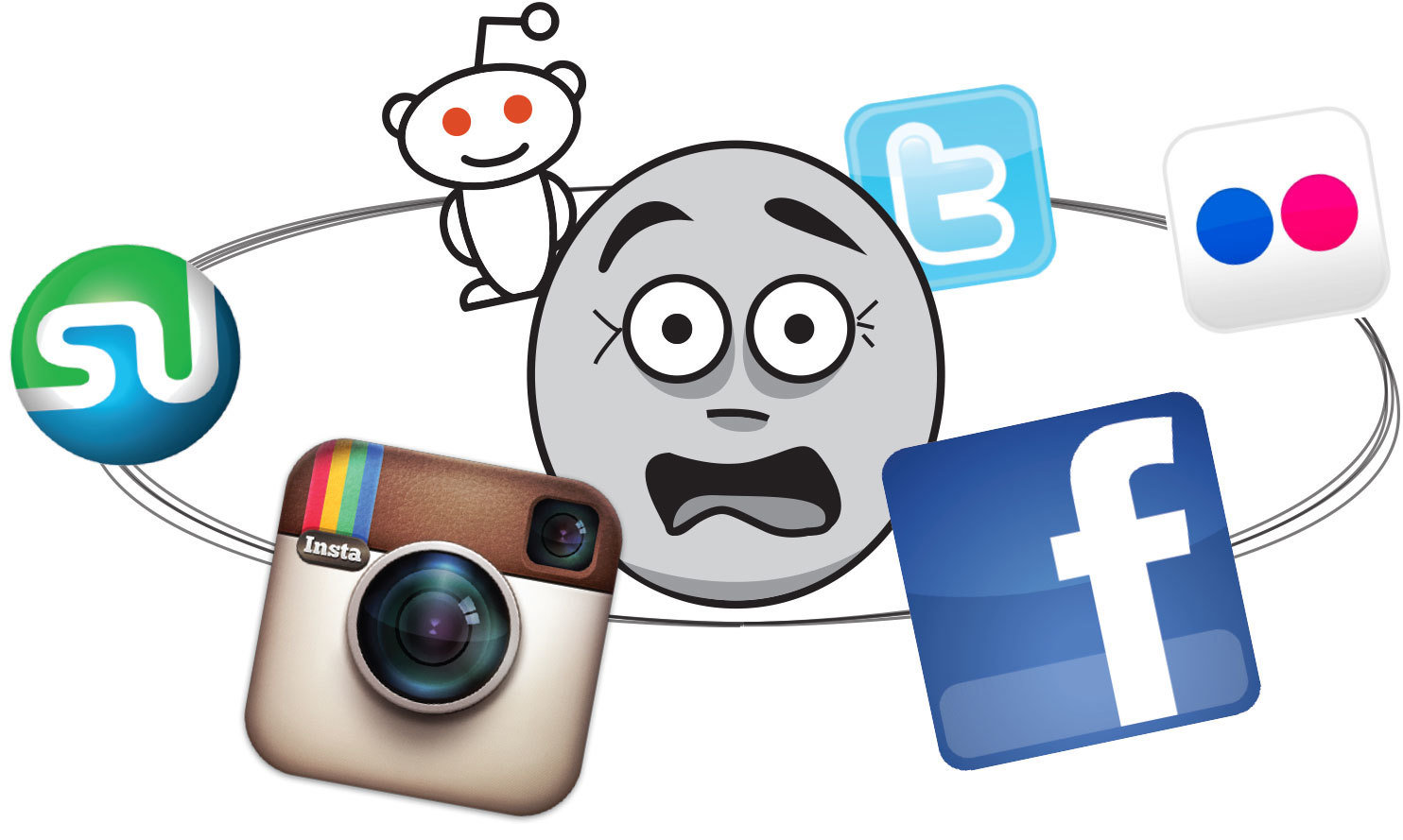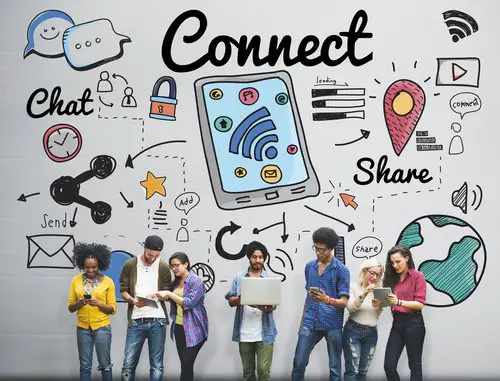“Connecting to social media whenever possible”; “Get on-line as soon as possible”; “Do it as soon as you get up and be the last thing you do before bedtime”; “Reduce the time spend on usual tasks, such as eating, sleeping, meeting obligations”. All these affirmations are clear signals of a “Social Media Addict”!

Not knowing how to manage our use of social media networks can lead to numerous negative consequences such as damaging our relationships, our concentration or causing stress and anxiety.
That social networks have changed our lives is obvious. Rarely, today people do not have a Twitter profile or a Facebook account, especially among young people. Not only do we use networks to communicate quickly and effectively, but now we long to be hooked on the need to live continuously digitally connect.
Many people no longer conceive their life without sharing absolutely everything they do or without displaying their photographs through Instagram, WhatsApp, and Facebook, which are the three most, used networks in the world. In the long run, these types of attitudes may end up being harmful.
Abusing these tools or making excessive use of them can generate innumerable problems. For example, they can make us lose our attention spam and neglect important tasks. If a thing goes further and we develop dependence on the Internet, specifically social networks, we can find many more problems. These are very serious as anxiety or extreme uncontrolled sadness.
Social networks and messaging systems are attractive to young people because their operating systems involve rapid response, immediate rewards, and interactivity. The use, in principle, is positive as long as they do not neglect the rest of the activities of a normal life to study, work, play sports, practice hobbies, go out with friends or interact with the family.
Another matter is when the abuse of social networks causes distancing us from real life, inducing anxiety, low self-esteem, and loss of self-control capacity.
The motivations of people to have an account on Twitter, Facebook or Instagram are multiple, being visible to others, reaffirming the identity between the group, being connected to friends or exchanging photos, videos or music.
But one thing is the misuse of social networks and another is an addiction. The term “addiction to social networks” is dubious because it does not appear as such at present times in psychiatric classifications. However, beyond misuse, we can talk about addiction when its use implies a loss of control, a mental level absorption and a serious alteration in the daily functioning of the affected person.
The addict enjoys the benefits of immediate gratification but does not notice the possible long-term negative consequences. Therefore, the abuse of social networks can facilitate isolation, poor social performance, disinterest in other issues and even behavioral changes such as irritability as well as sedentary lifestyle or sleep disturbances.
Causes of “addiction to social networks”.

The main causes of addiction to social networks are the following:
Standardization.
A positive and creative experience that ceases to be at the moment when the person no longer enjoys it but feels that their will is subject to the constant need for interaction.
Loneliness.
The Internet is a social relationship window for everyone. However, those who live a period of loneliness are more vulnerable to the risk of dependence because they observe in this communication link a substitute for those emptinesses and emotional deficiencies.
Ego feeding.
Projecting a universe in which vanity seems a constant based on images starring the one that shows infinite smiles and a dream lifestyle.
Lacking emotional intelligence.
Different factors, for example, barriers in the field of social skills can make a person feel more comfortable when interacting through the Internet and not in the “real world”.
New technologies can help us in many aspects, but also cause us problems. If we pay more attention to what happens on the screen than to what happens in real life, the consequences can be disastrous. Interacting with others and thinking about our health are much more important priorities than the Internet, and that is something that we must keep in mind.


